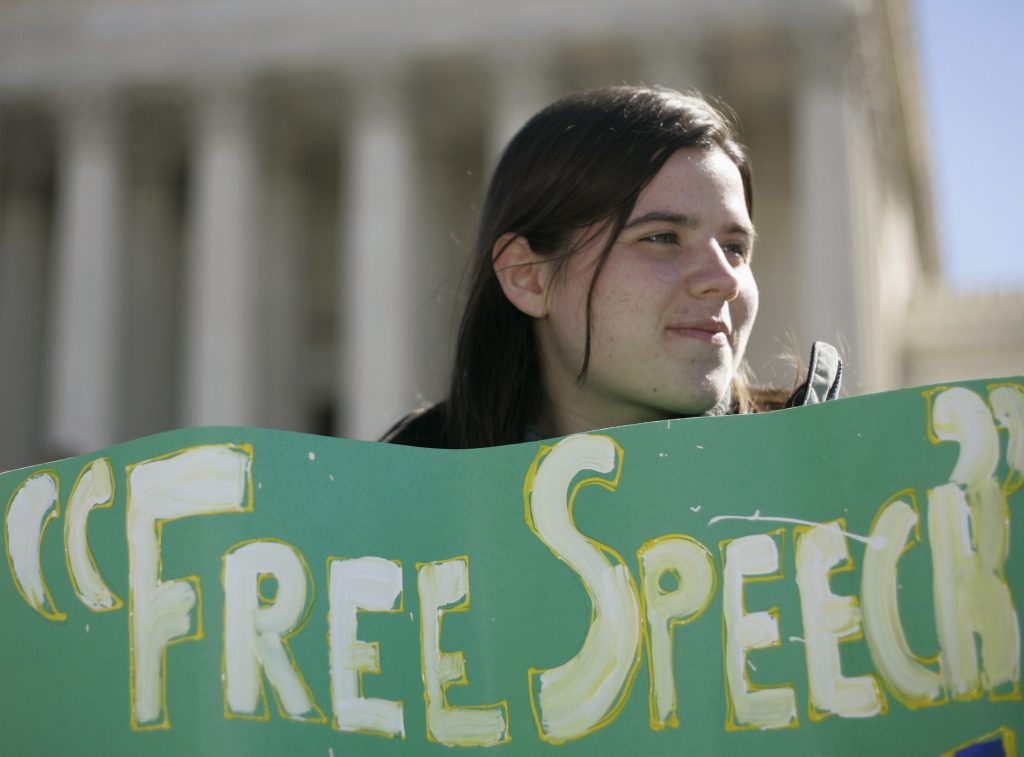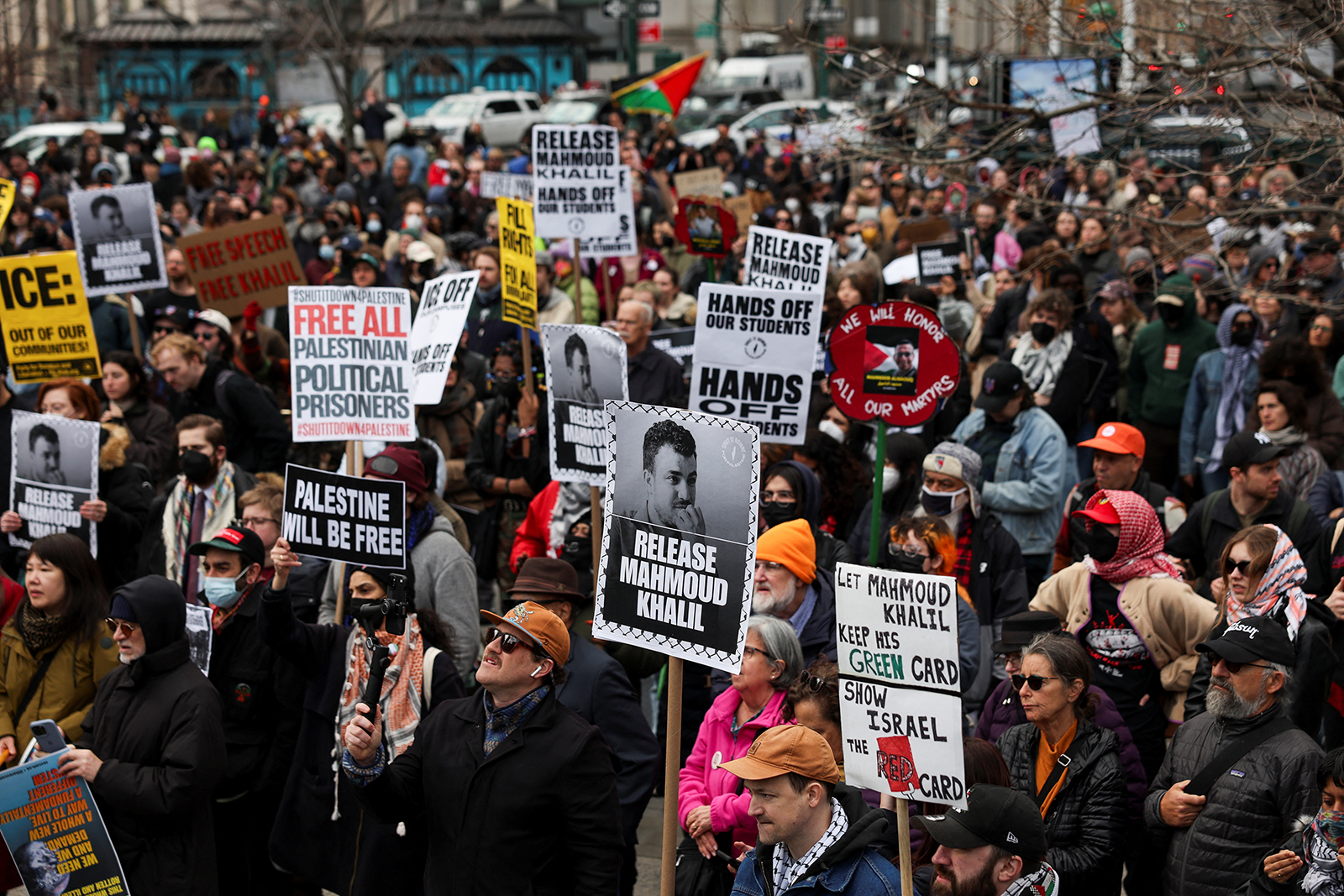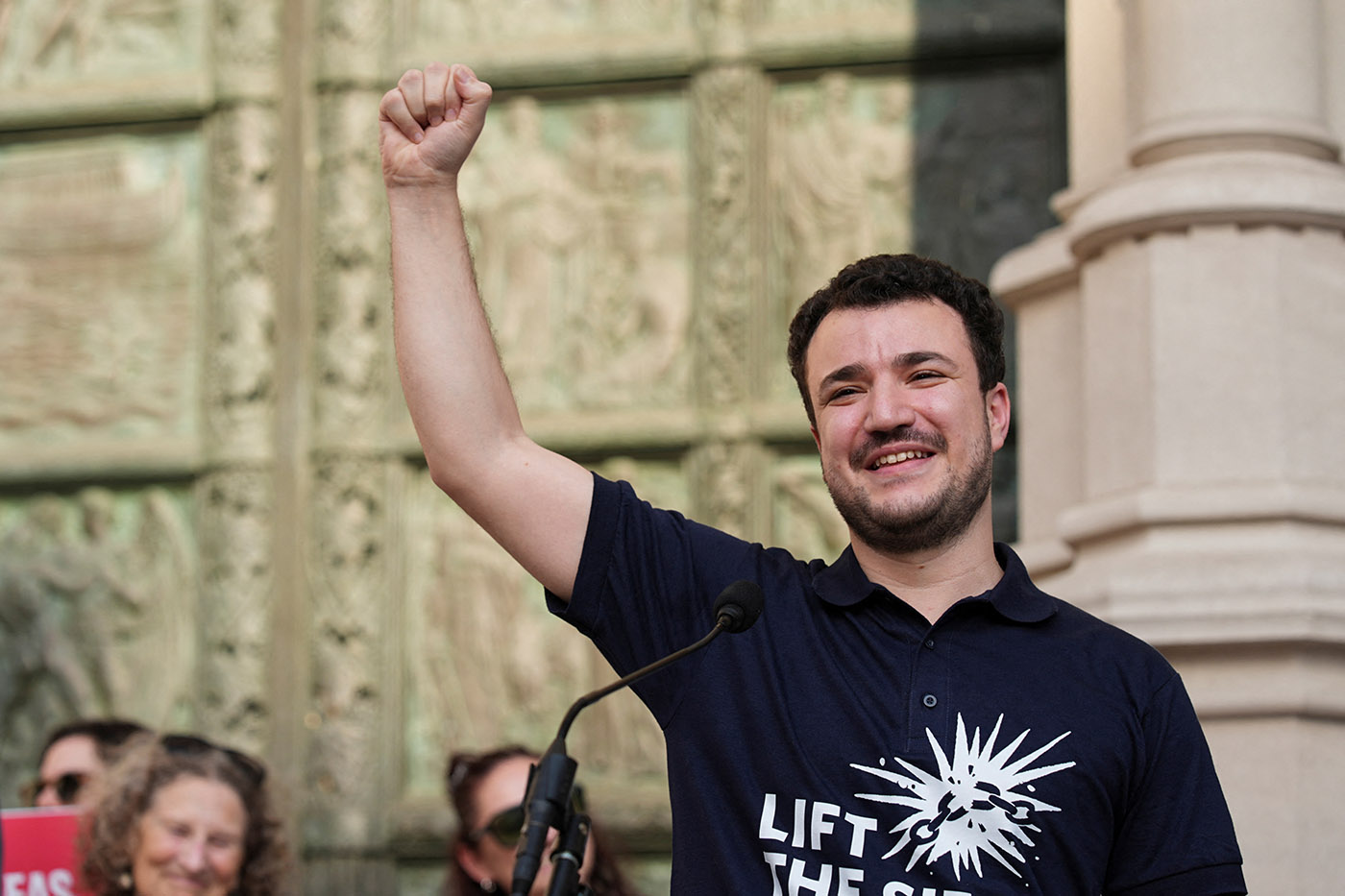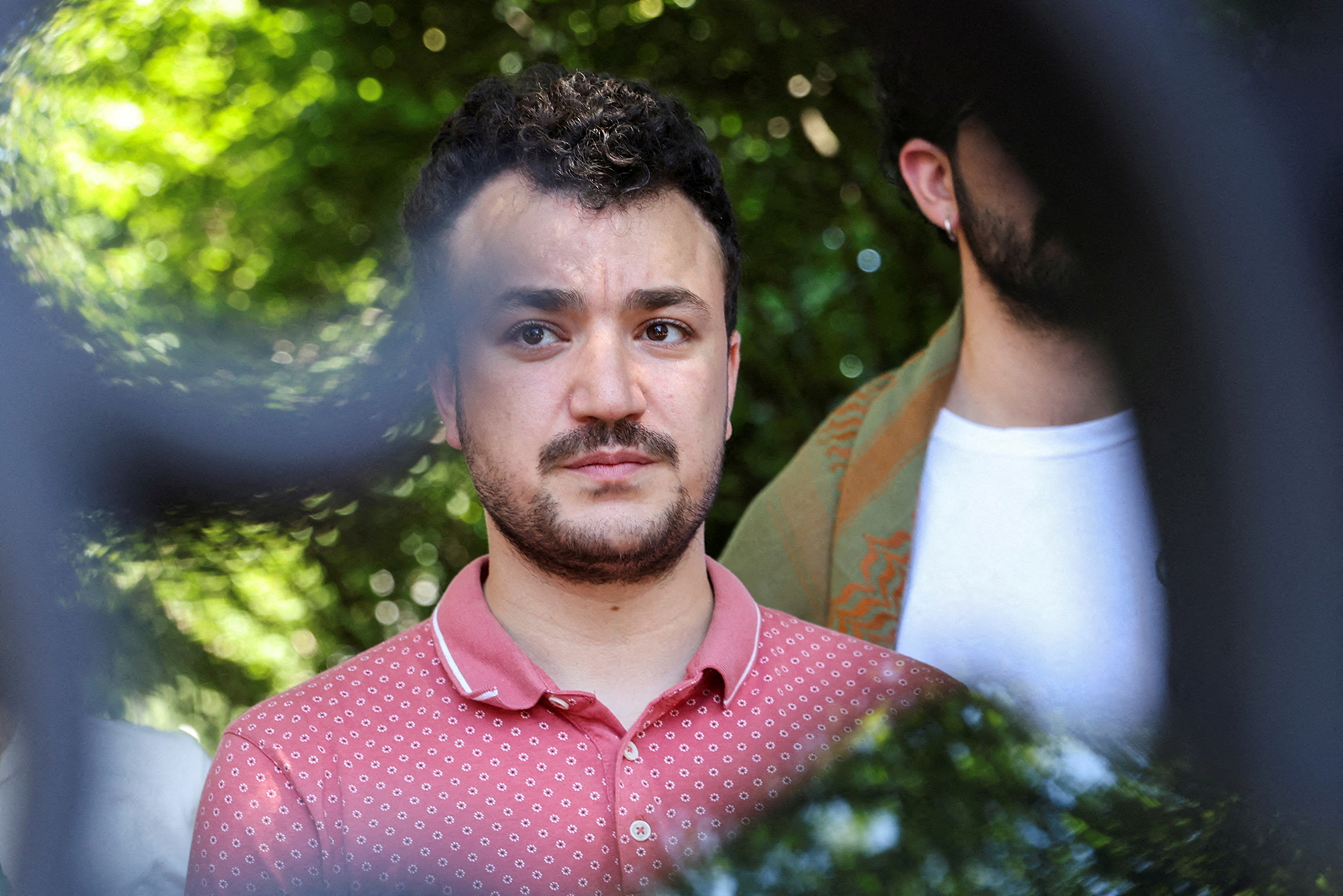Speech First, a conservative legal organization, sued the University of Illinois at Urbana-Champaign over its free speech policies.
The group objects to the University’s position on political pamphlets, its bias reporting system, and its no-contact policy for students accused of bias.
“On a regular basis, the University of Illinois sends a clear message to students who wish to engage in political and religious speech: there are some views that are welcome, and others that are not,” Speech First President Nicole Neily said in a statement. “Students deserve to be able to express themselves and voice their opinions without fear of investigation or punishment – which is why these policies must be reformed.”
Speech First says that students who wish to post materials about non-campus related materials must first get permission from school administration, a violation of their First Amendment rights.
“The University has no compelling interest in imposing a prior restraint on this category of political speech nor would this prohibition be narrowly tailored to any such interest,” the lawsuit says. “This rule chills protected speech and expression and forces students who do not wish to submit to this prior restraint to engage in self-censorship.”
The group also takes issue with the University’s definition of bias-motivated incidents, alleging that it is “overbroad and vague,” and as such, encompasses speech that is protected under the First Amendment.
The lawsuit also challenges the University’s response to bias-claim incidents, saying that the policy severely restricts the “freedom of movement and speech” for students who are issued a “No Contact Directive.”
The complaint describes an incident in which a student was unfairly subjected to a no-contact directive. A graduate assistant, Tariq Kahn, got into a scuffle with two students at an anti-Trump rally. Andrew Minik, a student who was not present at the rally, wrote an article about the incident for an online publication, Campus Reform.
Shortly after the article was published, Khan requested a no-contact directive against Minik, which the University granted.
“The University informed Minik that the No Contact Directive was issued against him because of the Campus Reform article, and that it was a ‘probationary measure’ to ensure that he would not contact Khan. Minik was told that if he wanted ‘the situation to improve’ he should ‘not write about Khan anymore’,’’ reads the complaint.
Reason Campus Reform Complaint
Tags



